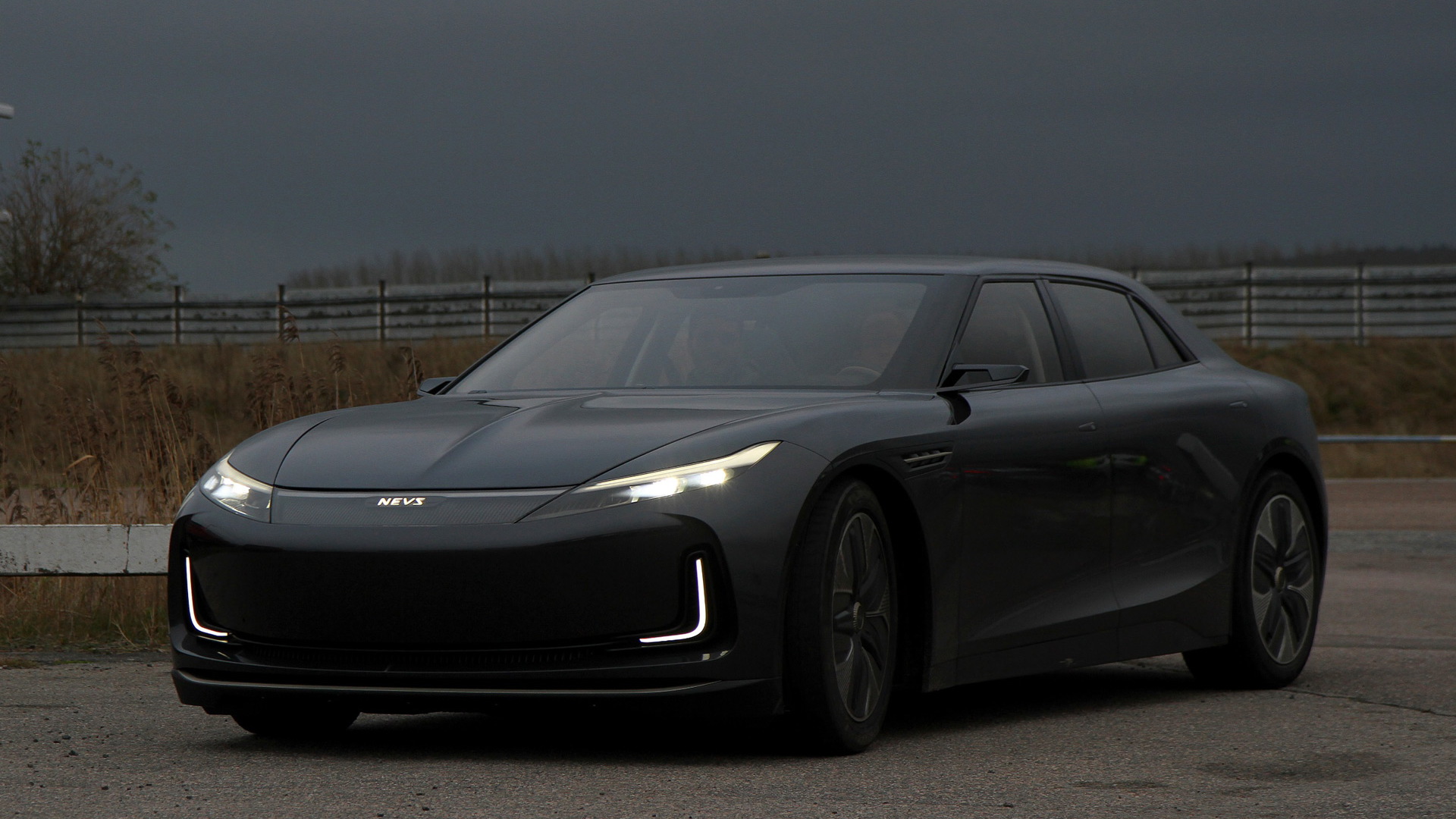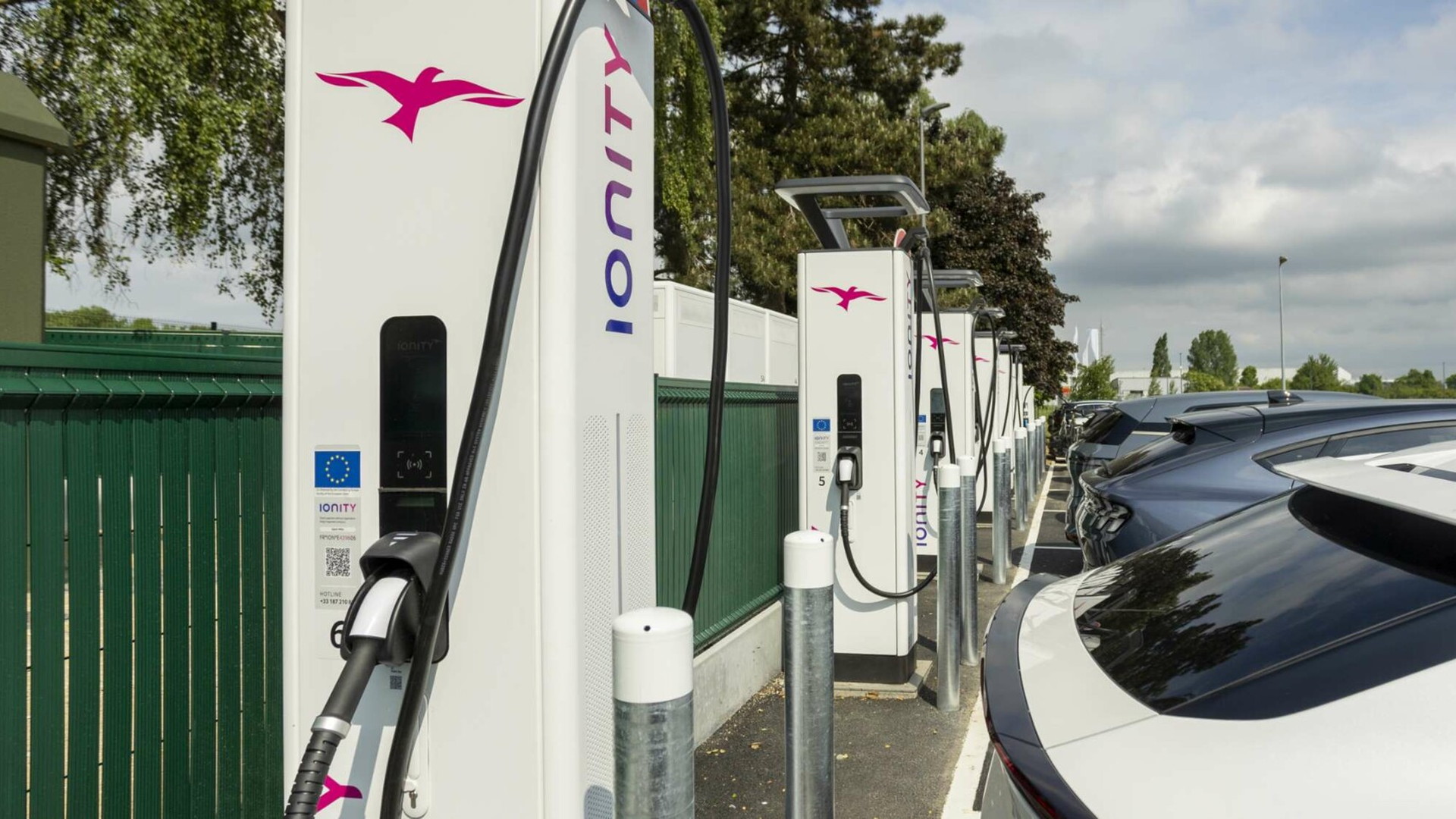When electric cars first arrived in 2011, it was a reasonable question: Aren't you just shifting emissions from the tailpipe to the smokestack?
The answer is yes, but the carbon emissions per mile of an electric car—properly measured on a wells-to-wheels basis—are virtually always lower than those of a gasoline or diesel car.
It's not always true, depending on how dirty the grid is and how efficient a baseline fossil-fueled car you choose, but it's largely the case, and especially so in the U.S.
DON'T MISS: Climate change all manmade, say actual scientists: awkward for Trump science deniers
A new report issued Monday by the University of Michigan's Transportation Research Institute has now calculated greenhouse-gas emissions for electric cars around the world.
In "Fuel Sources for Electricity in the Individual Countries of the World and the Consequent Emissions from Driving Electric Vehicles," researchers Michael Sivak and Brandon Schoettle converted those emissions to a miles-per-gallon equivalent.
The Union of Concerned Scientists used the same approach to compare the wells-to-wheels greenhouse-gas emissions of electric vehicles on different regional electric grids across the United States.
![Electric-car wells-to-wheels emission equivalencies in MPG, May 2017 [Union of Concerned Scientists] Electric-car wells-to-wheels emission equivalencies in MPG, May 2017 [Union of Concerned Scientists]](https://images.hgmsites.net/lrg/electric-car-wells-to-wheels-emission-equivalencies-in-mpg-may-2017-union-of-concerned-scientists_100608699_l.jpg)
Electric-car wells-to-wheels emission equivalencies in MPG, May 2017 [Union of Concerned Scientists]
For context, the same University of Michigan institute also issues a monthly report on the sales-weighted fuel economy of U.S. new-vehicle sales each month.
In its most recent report, for sales through September of this year, the average fuel economy of a new vehicle sold in the U.S. was 25.3 mpg.
But the new report on global greenhouse-gas emissions of electric cars calculates that across the globe, without exception, electric cars emit less wells-to-wheels carbon dioxide than that average.
READ THIS: Electric cars cleaner than any gas-only car for 97 percent of U.S. drivers
The worst countries are Botswana and Gibraltar, each of which generates all of its electricity by burning either coal or oil. Their equivalent gasoline vehicle comes in at 29.0 "MPG-ghg,"or 8.1 liters per 100 km.
But consider Albania, where 100 percent of the electricity is generated from hydroelectric sources.
That country's equivalent gasoline vehicle would have to be rated at 5100 mpg to be as low in carbon emissions as an electric car.

2016 Nissan Leaf
The United States comes in at 55.4 MPG-ghg (4.2 L/100 km) overall. The global average for all countries is 51.5 MPG-ghg (4.6 L/100 km).
In other words, an electric car operated on the average global grid—today—emits just half the greenhouse gases per mile that the average new vehicle in the U.S. does.
And that's even before the gradual decarbonization of electric grids around the world due to increased use of renewable energy is factored in, which will further cut each electric car's associated carbon emissions per mile.
CHECK OUT: In Just One Year, Electric Cars Have Gotten Cleaner: How'd They Do That? (Dec 2014)
The study, as an abstract explains, did not include the emissions associated with manufacturing of vehicles. (The carbon dioxide emissions from manufacturing are generally considered to be one-fifth or less of a vehicle's total lifetime emissions.)
As it notes:
The analysis used two key sets of data: (1) Battery-electric vehicle miles-per-gallon-equivalent values based on well-to-wheels emissions of various electricity fuel sources calculated by the Union of Concerned Scientists, and (2) country-specific electricity production by fuel source compiled by the International Energy Agency.
Specifically, for each individual country, the calculations derived an equivalent fuel-economy value at which both battery-electric vehicles and gasoline-powered vehicles produce the same amount of greenhouse-gas emissions.
In other words, the calculations derived, for each country, a fuel-economy value that a gasoline-powered vehicle would have to exceed to produce lower emissions than a typical battery-electric vehicle, and vice versa.
![2017 Chevrolet Bolt EV electric car, June 2017 road trip from VA to KY and back [Jay Lucas] 2017 Chevrolet Bolt EV electric car, June 2017 road trip from VA to KY and back [Jay Lucas]](https://images.hgmsites.net/lrg/2017-chevrolet-bolt-ev-electric-car-june-2017-road-trip-from-va-to-ky-and-back-jay-lucas_100613904_l.jpg)
2017 Chevrolet Bolt EV electric car, June 2017 road trip from VA to KY and back [Jay Lucas]
While the greenhouse-gas emissions of electric cars have been well studied for the U.S., this landmark effort is the first study we've seen to analyze their carbon impact for every country in the world.
It's also a critical piece of evidence to underscore just how instrumental plug-in electric cars will be to reducing the manmade carbon emissions that cause climate change.
_______________________________________













